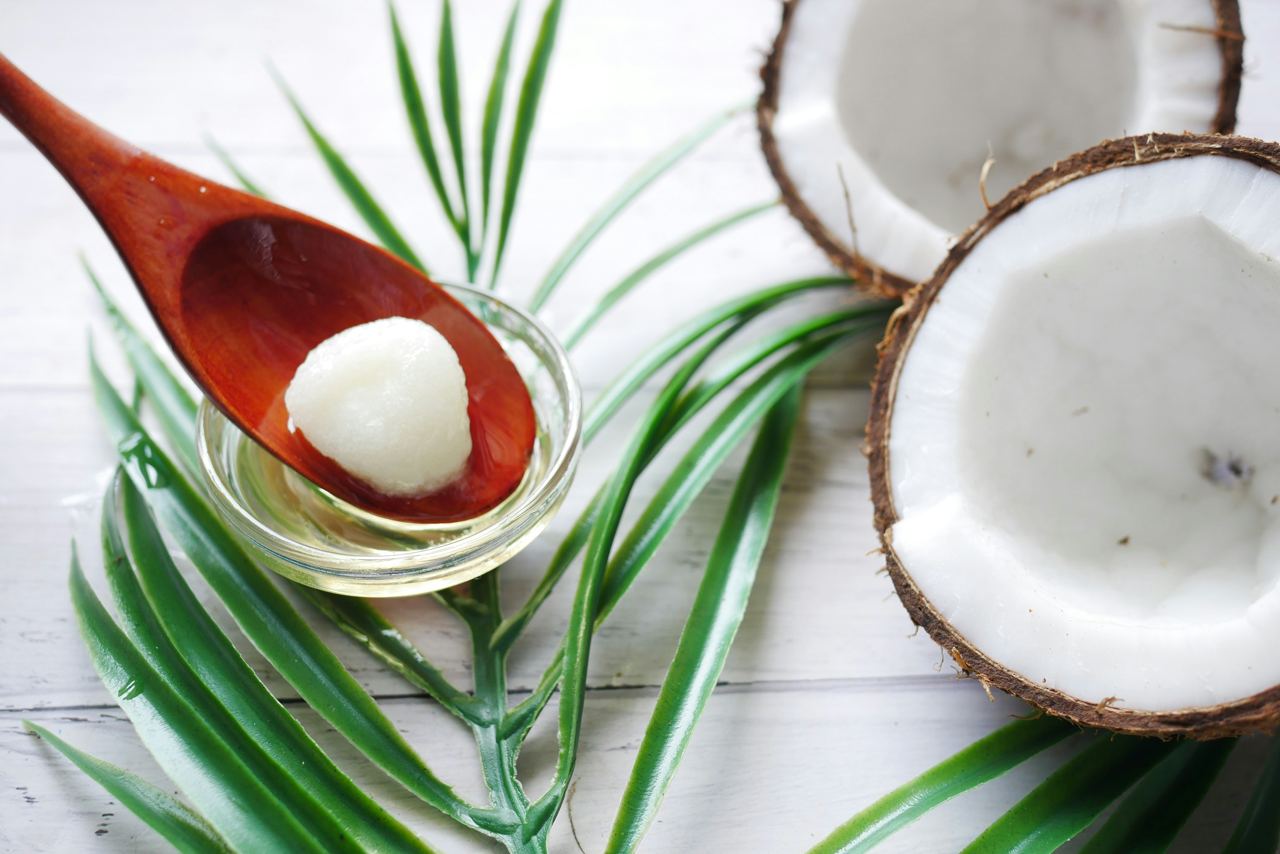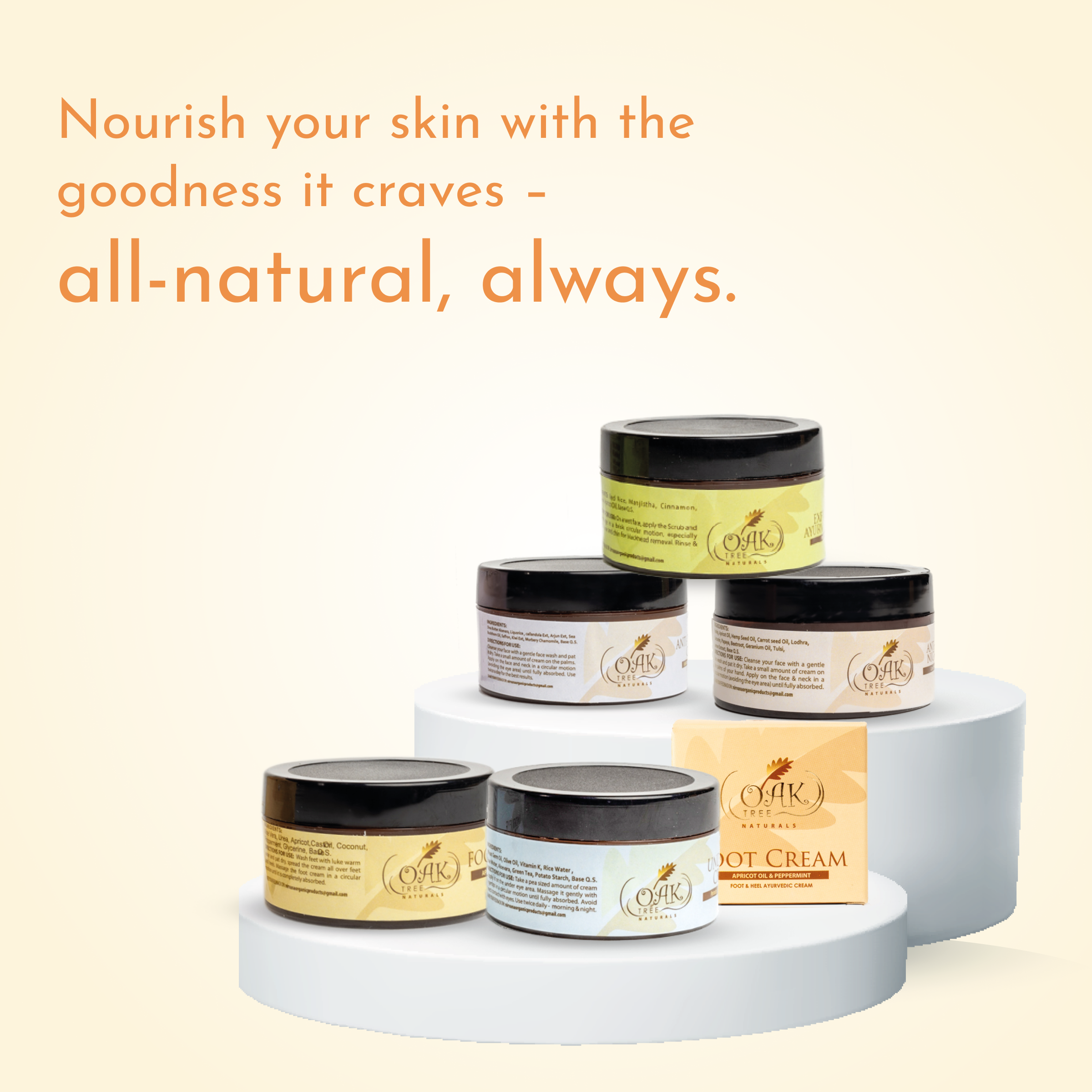As the organic food market is expanding, misconceptions and confusion are also increasing. Different brands make different claims and people have questions about whether it is true or not. If answers to these questions are not found, myths and misconceptions are created. We all know how important organic food is for us and the ecosystem, so people should not have any doubts about it. Today we will debunk some common myths about organic food.
Myth: Organic Food is Expensive
Fact: Organic food can be pricier, but there are reasons for that. It takes more effort and time to grow organically. The good news? Some organic options are affordable, and sometimes even cheaper than regular food. Plus, consider the hidden costs of conventional food, like health problems from pesticides and environmental damage.
Myth: Organic and Natural are the Same Thing
Fact: "Natural" means no chemicals were used on the food itself. "Organic" means the crops were grown without synthetic pesticides, fertilizers, or herbicides. "100% Organic" means everything is organic, while "Made with Organic Ingredients" means at least 70% are organic. "Natural" isn't strictly regulated, so it can be misleading.
Myth: The Shelf Life of Organic Food is Less
Fact: Shelf life is an important factor related to food waste. Processed foods are engineered to last for a long time with preservatives. In contrast, organic producers use preservatives such as vegetable, herb extracts and citric acid. Organic food might not last as long on the shelf because it uses natural preservatives instead of harsh chemicals. This is a good thing for your health, but it means planning your meals a bit more.
Myth: Organic food doesn't taste as good
Fact: Organic food has the reputation of being tasteless, but that's simply a myth. The truth is that many people aren’t sure how to create tasty, delicious meals with unfamiliar ingredients and recipes. As a result, they get bored with the uniform taste and ultimately give up on their commitment to a healthy and sustainable lifestyle. The best way to get the most out of organic ingredients is to learn about what you can use and how. There are various healthy and tasty recipes available on various platforms that you can easily make.
Myth: Organic food is a Western trend
Fact: Organic farming has ancient roots in India's traditional agriculture practices. For thousands of years, farmers used natural methods like cow dung, neem leaves, and oil cakes to keep their crops healthy. Back then, food was organic by default. However, with time, the focus shifted towards a large production scale. The recent shift back to organic farming is due to the harmful effects of chemical farming.
Myth: Organic Farming is unscientific
Fact: Organic farming is sometimes challenged as being unscientific. This is far from the case. The scientific method has a fundamental role to play in understanding how agriculture and ecosystems work. Scientists study how to grow healthy food organically and how it affects the environment. Science helps us understand organic farming and make it even better.
Don't Fall for These Myths
Be an informed ambassador for the growing organic industry. Support local farmers, live sustainably, and make choices that benefit you and the environment.
Start with Nirvana Organic—click to buy our premium organic products from the pure Himalayas.




